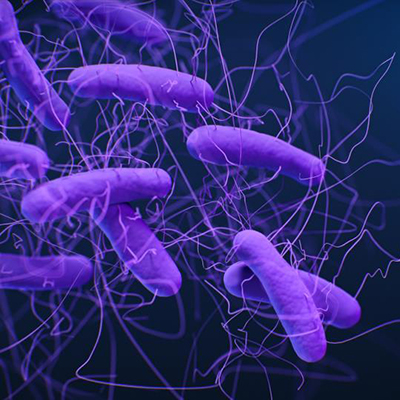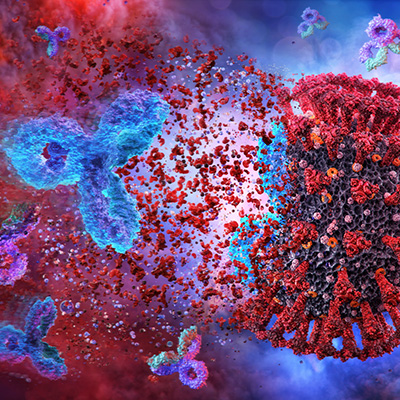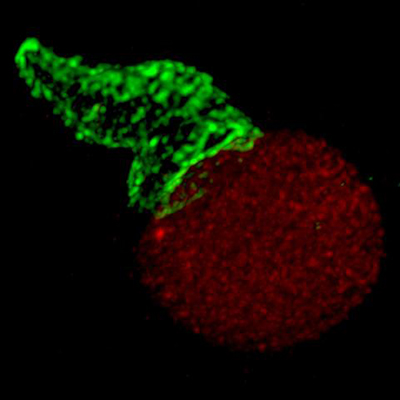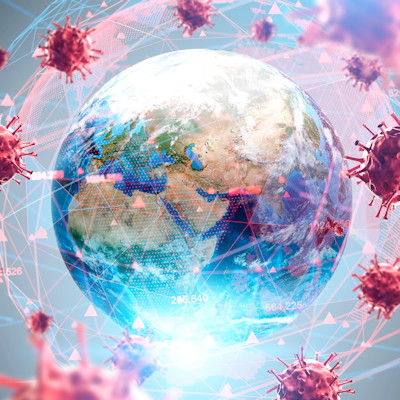July 16, 2020 -- Fox Chase Cancer Center researchers have developed a new artificial intelligence (AI) program that could make virtual screening for cancer drugs more effective. Their findings were published July 15 in the Proceedings of the National Academy of Sciences.
A team led by John Karanicolas, PhD, created a computer program that identifies drugs that fit with proteins specific to particular diseases.
"[Lead author] Yusuf [Adeshina, PhD] developed this machine learning classifier that we trained to distinguish between things that work and things that wouldn't," Karanicolas said in a statement released by Fox Chase. "We did this by showing it examples of real drugs bound to their protein targets and a series of very compelling decoys that we had generated."
The researchers tested the model by evaluating protein-drug combinations it hadn't encountered before, then programmed it to identify which combinations would be effective. It outperformed every other approach the team has used to determine which compounds should be lab tested, according to the group.
"For many different projects in my lab, we're already trying to target different oncoproteins, and we've been using this tool because it works so well," Karanicolas said in the statement. "In addition to that, it's really a resource for the scientific community. Others can also use this so that their virtual screening approaches work better."
Copyright © 2020 scienceboard.net










